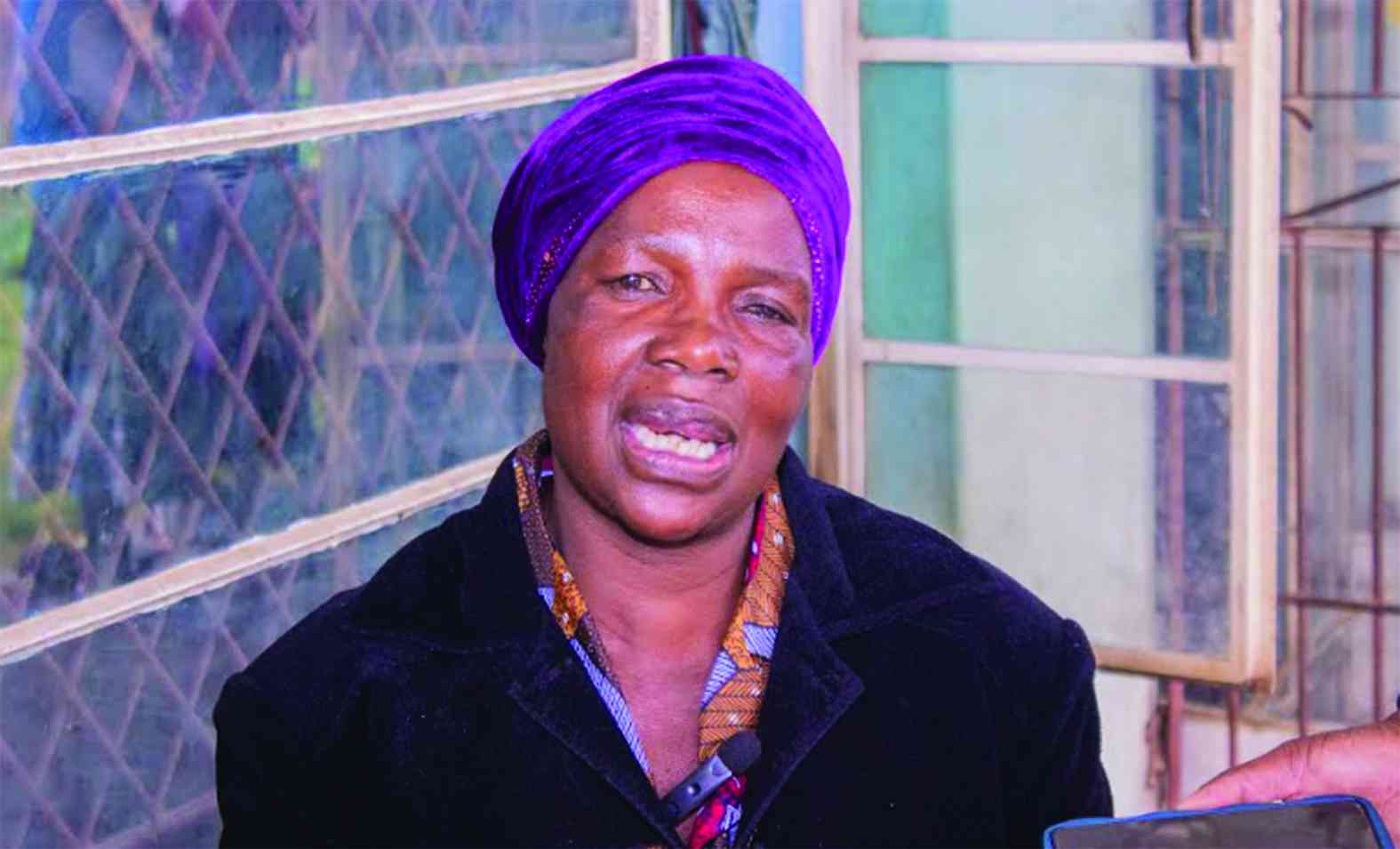
THERE are fears that cholera may spiral out of control as latest statistics show that the outbreak worsened in recent weeks, with a number of cases reported in Manicaland and Harare provinces.
The outbreak, which was first recorded in Chegutu in February, has killed 19 people so far, according to officials.
In Harare, identified hotspots are Budiriro, Glen View and Glen Norah.
According to a post-Cabinet briefing presented by Vice-President and Health minister Constantino Chiwenga, Manicaland has recorded 1 251 cases of cholera, followed by Harare with 1 121 cases as of June 24.
“The nation is informed that as of June 24, 2023, Zimbabwe’s cumulative suspected cases had reached 3 017, with 2 910 recoveries, 19 confirmed deaths, and 52 suspected deaths,” Chiwenga said.
“The case fatality rate (CFR) for all deaths, confirmed and suspected, was 2,4%. All provinces have reported cholera suspected cases, with Manicaland having recorded the highest number at 1 251, followed by Harare with 1 121 and Matabeleland South province with 277.
“Cholera confirmed deaths have been recorded in Manicaland (12), Harare (3), Mashonaland Central (2), and Mashonaland West and Masvingo with one case each.”
Regarding the regional situation, a cumulative 154 317 suspected cholera cases and 2 747 deaths have been reported in the African region.
- Health talk: Be wary of measles, its a deadly disease
- Health talk: Mandatory wearing of masks can now be scrapped
- Health talk: Antimicrobial resistance —Let us stand against it
- Health talk: Health sector bears brunt of power cuts
Keep Reading
Government said it was providing clean water and improving sanitation in order to curb the disease.
“We will implement a multi-sectoral approach led by the minister responsible for water, sanitation and hygiene, in order to address the water, sanitation challenges which are fuelling the cholera outbreak,” Chiwenga added.
Cholera is a highly contagious disease that is caused by drinking contaminated water or eating food that has been contaminated with the cholera bacteria.
Symptoms of cholera include watery diarrhoea, vomiting, and dehydration. If not treated, cholera can be fatal.
The outbreak is particularly hitting the poor and vulnerable. Many people do not have access to clean water or sanitation, and they are more likely to be exposed to the disease.
The worst cholera outbreak occurred in 2008 during the height of the economic crisis, leaving more than 4 000 dead and infecting another 40 000.
It was stopped only after international groups like United Nations agencies and United States Agency for International Development donated drugs and water treatment chemicals.
Health experts warned that the outbreak could get worse if not brought under control immediately.
Medical and Dental Private Practitioners Association of Zimbabwe president Johannes Marisa urged Zimbabweans to take safety precautions such as boiling water before drinking it.
“Cholera needs the following: Clean water supplies from functional water infrastructure and proper sanitation, advanced health education about the disease which includes mass media campaigns, maximum surveillance of suspected cases, fruitful and speedy case management of cases with administration of relevant fluids which include drips, fluid replacement therapies and drugs,” Marisa said.
Community Working Group on Health executive director Itai Rusike said there was need to revisit the national cholera elimination roadmap.
“Given the current situation of neglect of the basics of water, sanitation and hygiene, the country must immediately deploy oral cholera vaccines to the identified hot spots and consider nationwide vaccination,” Rusike said.
“In the medium term, we need to re-visit the national cholera elimination roadmap developed through a multi-sectoral approach as cholera is primarily a development and not a health issue hence the term indicator disease points to poor hygiene, water and sanitation.”











